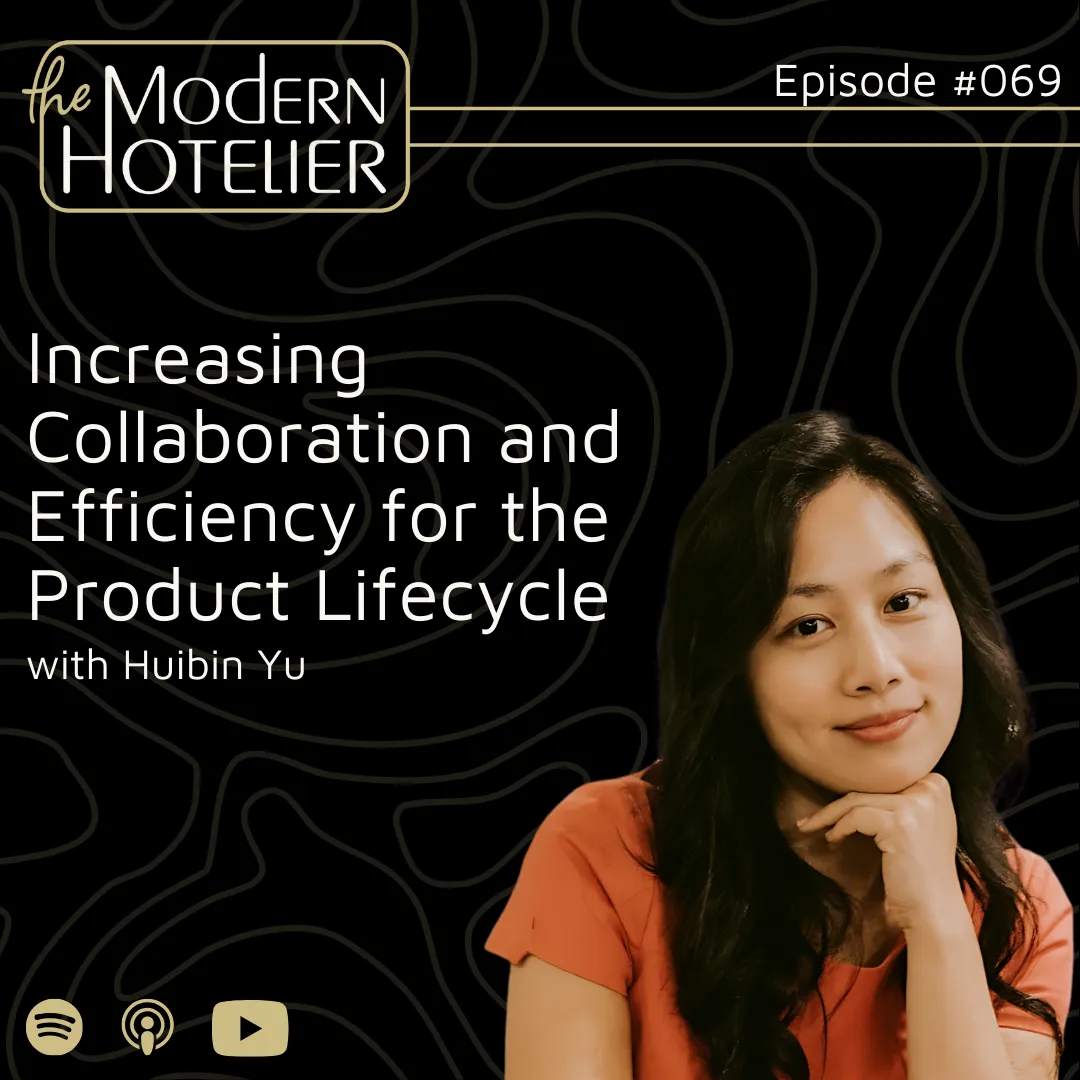Ever walked into a Starbucks and immediately thought “this looks like every other Starbucks?” Probably not. But, the painstaking effort organizations go to to maintain brand standards is manual and phenomenal.
Huibin Yu is the founder of Fohlio. Fohlio is building a better path to digitize the process of product data management, specification, procurement, brand standards, and inventory. Creating tech in an industry that is the last frontier for technology and defining the industry standard.
In this episode, we talk about about some of the challenges that hotels face in product data management, specification, procurement, brand standards, and inventory.
In this episode, you'll learn about:
- The challenges hotels and design firms face in managing specifications, procurement, and project timelines across multiple brands and locations.
- How Fohlio's platform helps organizations streamline their specification and procurement workflows while enabling collaboration between teams.
- The importance of data visibility, cost control, and value engineering in hospitality design and construction projects.
- The role of an international, diverse team in providing multilingual support to global clients.
Sponsor spot
Fohlio: https://www.fohlio.com/
Fohlio is building a better path to digitize the process of product data management, specification, procurement, brand standards, and inventory. Creating tech in an industry that is the last frontier for technology and defining the industry standard.
Join the conversation on today's episode on The Modern Hotelier LinkedIn page.
The Modern Hotelier is produced, edited, and published by Make More Media: https://makemore.media/
Episode Links
Huibin Yu
David Millili
Steve Carran
Steve on LinkedIn
The Modern Hotelier
Transcript
Automatic Transcription - please excuse any errors

